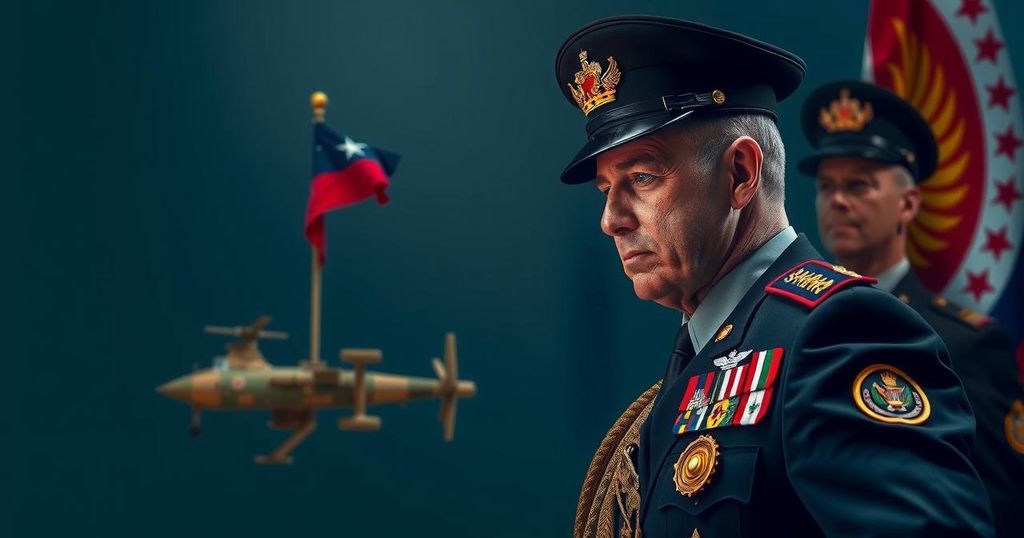Mark Rutte, NATO Secretary General, warned that Russia’s growing ties with China, North Korea, and Iran threaten global security, calling for unified support for Ukraine. He emphasized the importance of sustained military aid to bolster Ukraine’s position, especially with uncertainties surrounding the incoming U.S. administration’s commitment. French President Macron supported ongoing assistance to Ukraine, underscoring the need for European and Ukrainian decision-making in their future.
NATO Secretary General Mark Rutte emphasized the escalating threat posed by Russia’s increasing military and economic alliances with China, Iran, and North Korea. During his remarks in Paris, he conveyed the peril these partnerships present not only to Europe but also to the Indo-Pacific and North America. He underscored the significance of maintaining transatlantic solidarity and continued support for Ukraine amidst its struggle against Russian aggression, especially as the President-elect Donald Trump’s approach toward Ukraine remains uncertain. Rutte pointed out that North Korean and Iranian military support for Russia is particularly concerning and highlighted China’s role in bolstering Russia’s economy and defense capabilities. He articulated that this coalition is not solely a challenge to European security but threatens global stability as well. With Trump taking office, concerns loom over the future of U.S. commitments to supporting Ukraine, which have proven essential in the ongoing conflict. As Russia maintains momentum in its military operations despite substantial losses, Ukraine faces critical months ahead. Ukrainian officials have indicated that strengthening their position for potential negotiations is crucial. Rutte advocated for enhanced military support for Ukraine, insisting on the need to raise costs for President Putin’s regime. French President Emmanuel Macron echoed this sentiment, emphasizing that aid to Ukraine will persist until conditions favor negotiation. Both leaders maintained that discussions regarding Ukraine’s status must involve Ukrainian input and uphold European interests.
The geopolitical landscape has drastically shifted as Russia seeks to forge closer ties with nations deemed adversarial by Western powers. These alliances threaten not only regional stability in Europe but also the broader geopolitical dynamics involving the Indo-Pacific region and North America. NATO, as a critical alliance, faces challenges in counterbalancing these threats while ensuring member nations remain committed to collective defense efforts. The relationship between Russia and these nations, especially in military cooperation, raises alarms regarding future conflicts and the strategies the coalition must adopt to fortify themselves against such growing threats.
In summary, the warnings issued by NATO Secretary General Mark Rutte highlight the urgent need for transatlantic unity and comprehensive support for Ukraine amidst the concerning developments surrounding Russia’s alliances with China, North Korea, and Iran. The potential implications of such partnerships necessitate an enhanced commitment from NATO allies to ensure European and global security. As the situation evolves, the focus remains on stabilizing Ukraine while preparing for future negotiations that must prioritize the voices of those directly affected.
Original Source: www.usnews.com







